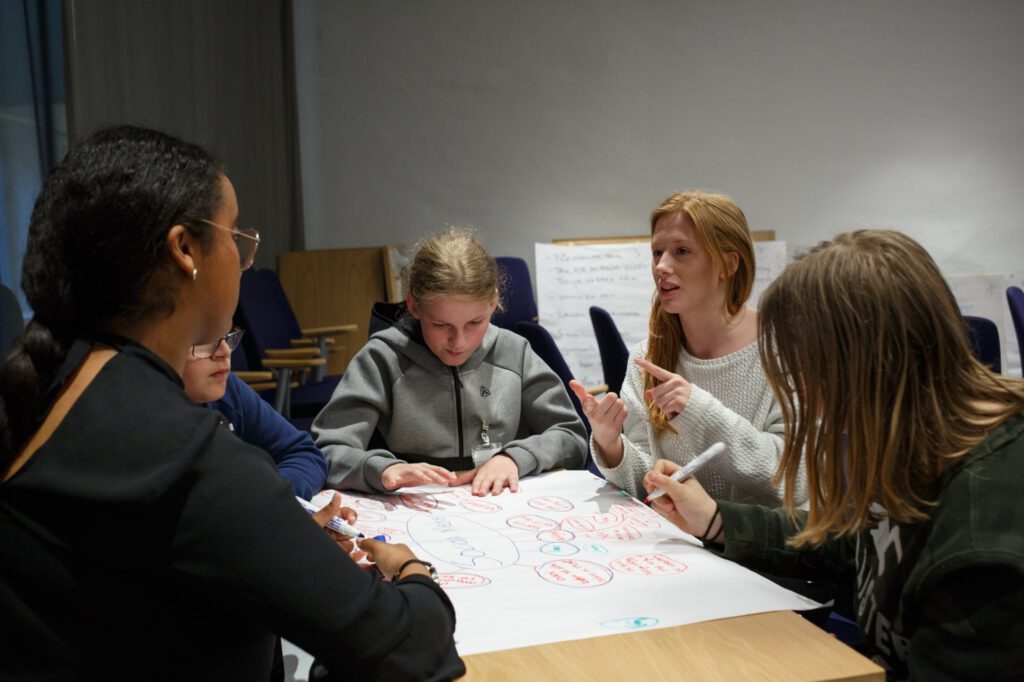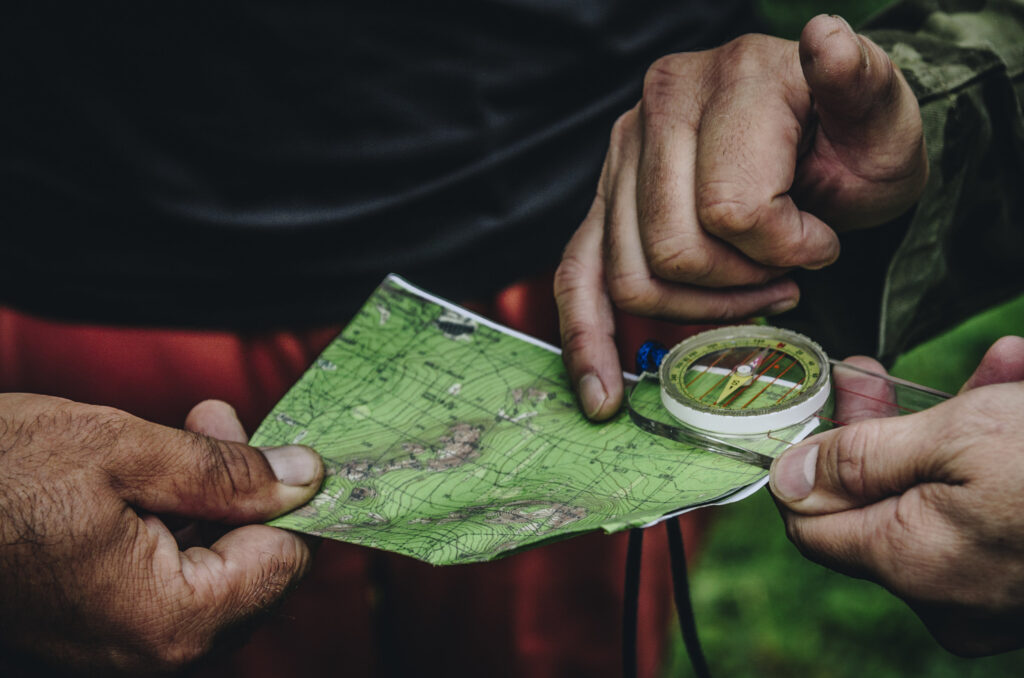What If We Were Addicted to Deep and Relevant Learning?
Consider the question carefully: what if we were addicted to deep and relevant learning? What would that mean, apart from a departure from the Taylorism still so pervasive in education, most notably in assessment?
Joshua Kim authored a poignant post in Inside Higher Ed (October 19, 2020) in which he draws a parallel between the automotive industry and higher education, noting that “[a]s an industry, we are addicted to the economics of the big lecture. There is no higher profit margin educational strategy than cramming as many students as possible in a room with a professor and a bunch of teaching assistants. An even greater margin can be achieved if that professor is a low-paid adjunct or other non-tenure-track instructor.” He likens it to traditional gasoline pickup trucks, stating that “just as the […] truck gets poor mileage […], large lecture courses are poorly optimized for long-term learning.” He does offer, however, that large lecture classes are sometimes engaging, depending on the professor or lecturer, only to emphasize that “there is little evidence that even the beset large lecture courses are optimal for deep learning.” To Kim, the lecture course is the Ford F-150 [pickup truck] of higher education. The question before Ford and other auto makers is whether to invest in electric versions of their best-selling vehicles, or to continue their focus and reliance on gasoline-powered trucks which have historically produced high profit margins for them.
Looking at K-20 education, there appears to be some (yet admittedly little) movement toward transforming extant business models, including the core components (courses, content, etc.) of the educational experience. Most incremental advancements (not sure they’re innovations…) tend to be on the periphery; while important in nature, they tend to skirt what is happening at the center of the model.
Where there does appear to be more willingness to examine the fundamental assumptions of the educational model and to propose (and enact) alternatives is in the K-12 education sector, whether domestic or international. The result is a kind of non-secretive skunk works. Much has been written about the Mastery School of Hawken (Ohio), to cite but one example, an initiative by an independent school to reimagine the educational experience of high school. The school recognized that it would not be able to (or didn’t want to) restructure its extant business model, so it decided to invest in creating a new experience as an autonomous unit within the overall school structure (following the skunk works approach noted above). This school model is aligned to the Mastery Transcript development within public and private schools, which seeks to reimagine the high school transcript, when it comes to university admission. We might refer to that as an ecosystems approach, and assessment is a key component, yet entirely rethought, relative to tayloristic approaches.
In Spain, there is a fascinating skunk works endeavor underway at the Sevilla International College | Colegio Internacional de Sevilla called CIS Global (CIS stands for Colegio Internacional de Sevilla). Designed for middle school students aged 11 to 14 years, it is a fully-online approach that the school has developed as an alternative to its extant model. As they write, “[o]ur independent status gives us the freedom to design, organize and deliver our educational offer according to the conclusions and recommendations of the pioneering thinkers and innovators. Some of our students feel perfectly comfortable with the current offer, which is aligned with many of the world’s best practices. Others think that a rapidly changing, increasingly diverse world, in times of uncertainty requires a more flexible approach, with less prescribed content, based in inspiration and stimulus: this modality is designed to address their dreams.”
A strong example of recombinant innovation, CIS Global draws on four areas for its construction:
-
The broad competences as defined by the UNESCO International Bureau of Education
-
Emphasis on the adoption of exponential (digital) technologies, as outlined by Singularity University
-
International Baccalaureate program frameworks
-
Extensive experience in personalized education
In addition to what is mentioned above, CIS Global also offers the following elements:
-
Eleven-week entrepreneurship program
-
Five monthly individual passion explorations
-
Ten biweekly sessions with entrepreneurs, researchers, and artists
-
Daily sessions of mindfulness and physical exercise (separate to each other)
-
Training on scenario planning and future studies
-
Informational literacy training
-
Pastoral care
-
Emphasis on overarching human values
-
Assessment via individual student portfolios, showing progress on each competence
What the Mastery School and CIS Global have in common is institutional commitment to reimagining the educational experience, complemented by the institutional courage to invest in the creation and actualization of offerings in order to learn (as institutions) how well they meet the needs of current and future students. These institutions are willing to create their educational versions of electric cars, and offer well-defined alternatives to the gasoline-powered engines of the past. In other words, as ambidextrous organizations, they have chosen to disrupt themselves in thoughtful ways, embracing the tension between maintaining their current models while investing in a future model, an approach which will allow them to make deeply informed decisions in the years to come.
Institutions of higher education, as well as other K-12 schools and systems across the country and the world, take note: this is how it is done. This is how we become addicted to deep and relevant learning.



